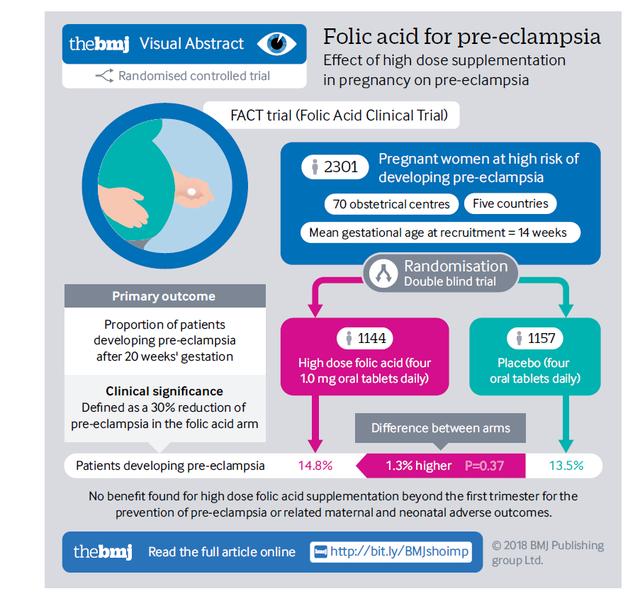Statistics show that infertile couples account for about 10 to 15 percent of married couples. There are half male and half female factors. Despite advances in clinical diagnosis, infertility remains undetectable in about half of couples.
Folic acid metabolism disorder (MTHFR gene mutation) affecting folic acid metabolism is one of these infertility factors. MTHFR gene polymorphism and male infertility. The MTHFR gene was mapped to 1P36.32 and encodes a protein containing 656 amino acids. The common polymorphisms of MTHFR gene are C677T(RS1801133) and A1298C (RS1801131). MTHFR is an important enzyme in the metabolism of folic acid and homocysteine (Hcy), mediating the conversion of 5, 10-methyltetrahydrofolic acid to 5-methyltetrahydrofolic acid. 5-methyltetrahydrofolic acid provides the raw material for DNA methylation reactions in cells. At the same time, it acts as a methyl donor, under the catalysis of methionine synthetase and with vitamin B12 as a coenzyme, causing the re-methylation of blood Hcy to generate methionine (Met), thus maintaining the normal level of plasma Hcy and avoiding the occurrence of hyperhomocysteine (Hhcy).

Folic acid is a water-soluble B vitamin that the human body cannot synthesize itself but needs to ingest through food. It is an essential micronutrient and an antioxidant. The folic acid the body takes in needs to be converted to 5-METHYLtetrahydrofolic acid for it to be effective. When the Hcy level is high in the body, if folic acid intake is reduced or insufficient, the body does not have enough 5-methyl-tetrafhydrofolic acid to resist oxidative stress caused by high Hcy, which can lead to DNA damage of sperm and affect fertility.
MTHFR gene polymorphism and female spontaneous abortion Pregnancy less than 28 weeks, fetal weight less than 1000g and natural termination is called spontaneous abortion. Etiology includes embryological factors, maternal factors, paternal factors and environmental factors. Recurrent abortion is a spontaneous abortion that occurs 3 or more times in a row by an identical partner. Blood hypercoagulability is closely related to the formation of unexplained repetitive spontaneous abortion, and hyperhomocysteine is an independent risk factor for blood hypercoagulability and related diseases.
MTHFR gene mutations increase Hcy levels in vivo, leading to hyperhomocysteinemia (Hhcy). Hhcy is easy to cause vascular endothelial damage and lead to thrombosis, which is one of the important reasons for the formation of blood hypercoagulable state discovered in recent years.
In addition, due to the deficiency of 5-methyltetrahydrofolic acid in vivo, the activity of MTHFR in placental tissue decreases, resulting in insufficient methylation of DNA, a biological component essential for fetal growth and development, which leads to obstacles in THE process of DNA synthesis and repair, resulting in recurrent spontaneous abortion.

 English
English Español
Español  Português
Português  русский
русский  Français
Français  日本語
日本語  Deutsch
Deutsch  tiếng Việt
tiếng Việt  Italiano
Italiano  Nederlands
Nederlands  ภาษาไทย
ภาษาไทย  Polski
Polski  한국어
한국어  Svenska
Svenska  magyar
magyar  Malay
Malay  বাংলা ভাষার
বাংলা ভাষার  Dansk
Dansk  Suomi
Suomi  हिन्दी
हिन्दी  Pilipino
Pilipino  Türkçe
Türkçe  Gaeilge
Gaeilge  العربية
العربية  Indonesia
Indonesia  Norsk
Norsk  تمل
تمل  český
český  ελληνικά
ελληνικά  український
український  Javanese
Javanese  فارسی
فارسی  தமிழ்
தமிழ்  తెలుగు
తెలుగు  नेपाली
नेपाली  Burmese
Burmese  български
български  ລາວ
ລາວ  Latine
Latine  Қазақша
Қазақша  Euskal
Euskal  Azərbaycan
Azərbaycan  Slovenský jazyk
Slovenský jazyk  Македонски
Македонски  Lietuvos
Lietuvos  Eesti Keel
Eesti Keel  Română
Română  Slovenski
Slovenski  मराठी
मराठी  Srpski језик
Srpski језик 








 Online Service
Online Service